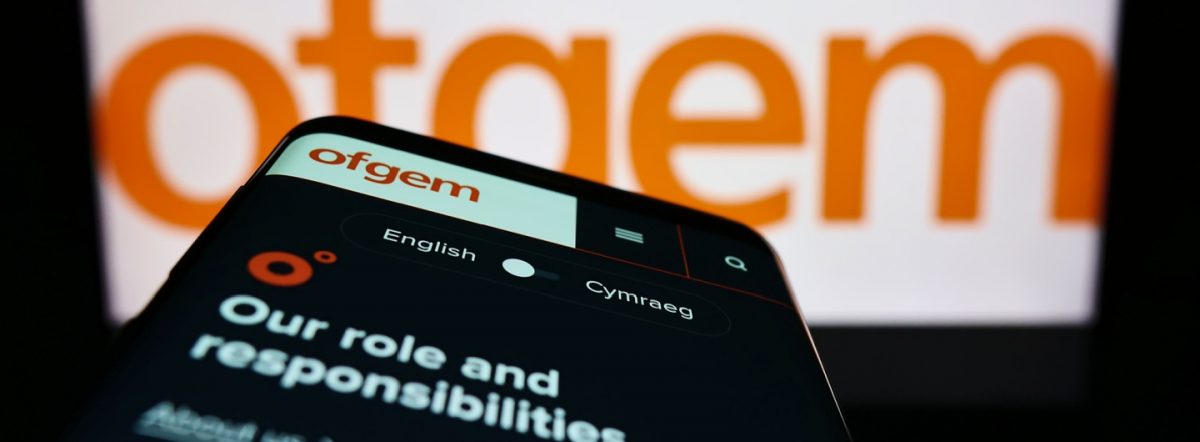The End Fuel Poverty Coalition has responded to a series of recent announcements from Ofgem and the UK Government aimed at addressing energy affordability and system reform.
Ofgem has confirmed new standards and automatic compensation for customers with faulty smart meters. These measures are intended to reduce delays, improve installation success rates and help ensure more households can access time-of-use tariffs and lower-cost energy deals.
The Coalition has warned this step must only be the beginning as too many households still face faulty meters and are locked out of savings from the best tariffs on the market.
Ofgem must go further by closing loopholes that allow suppliers to dodge responsibility, regularly enforcing automatic compensation, and requiring transparency on smart meter faults and gaps in service. Without working meters, vulnerable households remain excluded from a fair energy system.
Ofgem has also outlined plans to require all suppliers to offer at least one low or zero standing charge tariff from early 2026. The proposals are designed to offer more choice and flexibility, especially for low-use households, though questions remain around eligibility and accessibility for vulnerable and prepayment customers.
The Coalition warned [pdf] that without safeguards, these tariffs may benefit only those who already self-ration energy or have smart technologies.
Prepayment customers, who are most harmed by standing charges, must be prioritised and protected. Ofgem should also consider defaulting low-usage and vulnerable households onto the most suitable tariff automatically. A rushed implementation during winter could do more harm than good.
A wider review of how network and policy costs are recovered through bills is also under way, with Ofgem seeking views on long-term reforms.
The Coalition welcomed the launch of this review but urged Ofgem to accelerate progress. Changes must be designed to protect low-income, low-use households from regressive fixed costs and to ensure fairer distribution of energy system costs. Long-term reform must prioritise affordability and equity, not just consumer ‘choice’ or supplier convenience.
In a separate decision, Ofgem confirmed changes to how the costs of failed energy suppliers are handled.
These changes aim to protect customers from having to absorb the full costs of future supplier collapses, which have added over £2.3 billion to bills in recent years. The Coalition welcomed this long-overdue intervention, calling it an important move to stop households footing the bill for industry failure.
Meanwhile, the UK Government has announced a new policy offering £125 off energy bills every six months for ten years to households living near new electricity pylons.
The Coalition supports efforts to accelerate the grid upgrades needed to connect renewables and large-scale battery storage to the electricity grid. However, infrastructure must be delivered with public consent ensuring that communities have a meaningful say in what gets built and where. This includes having control over how any ‘compensation’ or community benefit funding is used.
A spokesperson for the End Fuel Poverty Coalition commented:
“These steps are moves in the right direction, but the job isn’t done.
“Vulnerable households still face major barriers in accessing fair energy deals, and structural issues like high electricity prices and standing charges remain unresolved.
“With the North Sea running out of gas and import dependence rising, the future of affordable energy lies in homegrown renewables.
“And of course, this needs to be fair to the communities where these vital national projects will take place. But in some areas, investment in local energy projects, insulation schemes, or community facilities may have far greater long-term value than bill discounts.
“Communities must have the power to shape the benefits as well as the infrastructure.”
ENDS

